The group of botanists responsible for the naming conventions of plants will, this week, meet, tackling an agenda that will include the issue of offensive plant names.
Many plants have scientific names that may cause offense through racial slurs, references to colonials or slavery advocates, but the vote will not be totally without controversy regardless of its outcome.
First Time Issue Has Been Addressed

The proposals put forward for debate at the conference mark the first time the issue has been taken on.
The Madrid conference will be the first time the International Botanical Congress has considered rule changes to naming conventions specifically for the offensiveness of plant names.
How to Name a New Plant
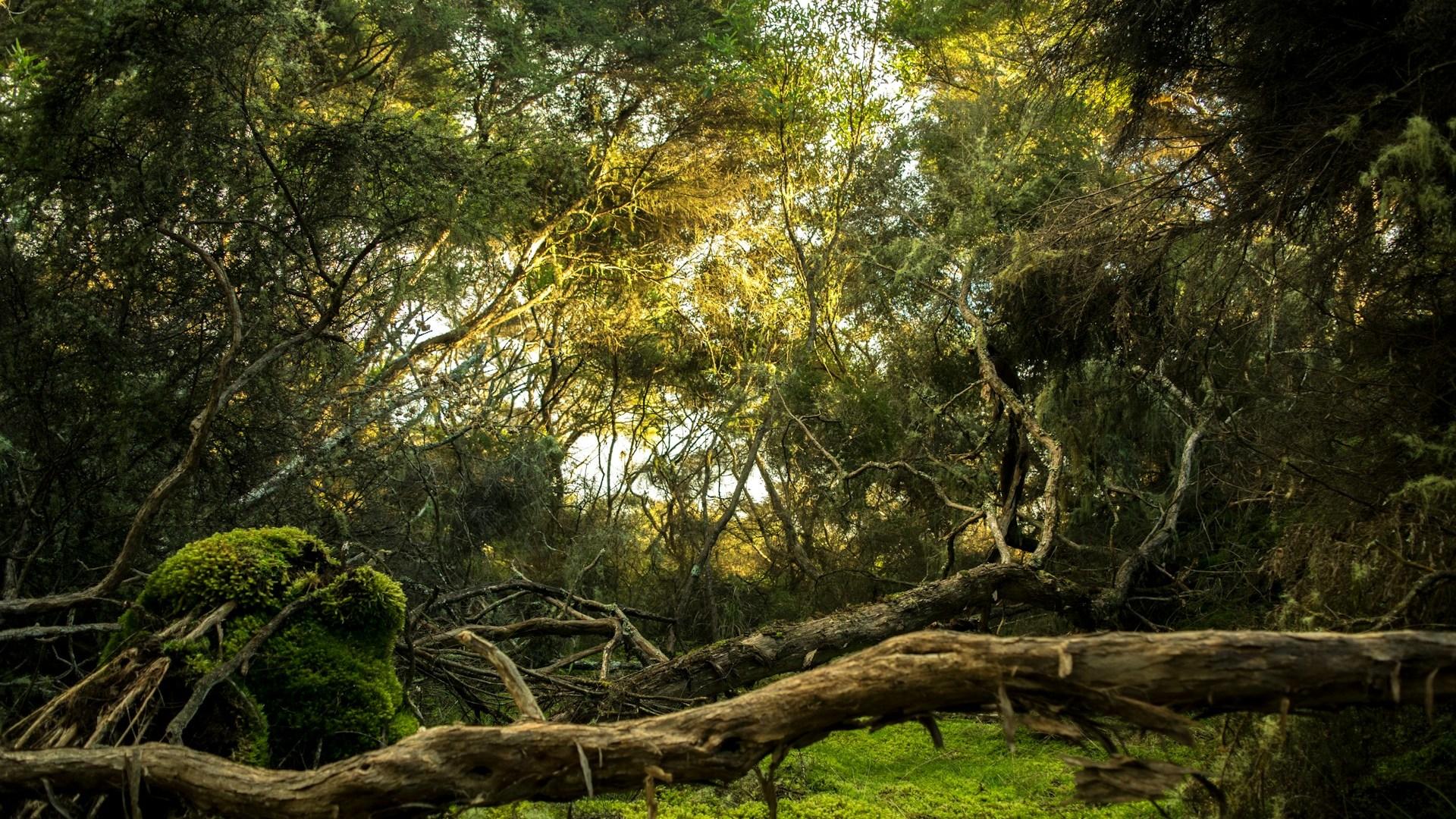
When a new plant is discovered, they are often named after their discoverer.
Along with the naming, an entry must be published scientifically with a complete description of the new plant.
Eurocentric Bias

Historically, and up to today, most scientists working in botany have been European.
Other than naming plants after themselves, the discoverers of new plants in the 19th and early 20th centuries would sometimes name plants after colonial rulers, such as Cecil Rhodes.
Racial Slurs

However, plants have been named not just after scientists and colonial rulers, but have also included racial slurs.
218 plant species contain a variation of the word ‘caffra’, which is a racial slur used to denigrate southern, black Africans.
Issues of Society, Issues of Science
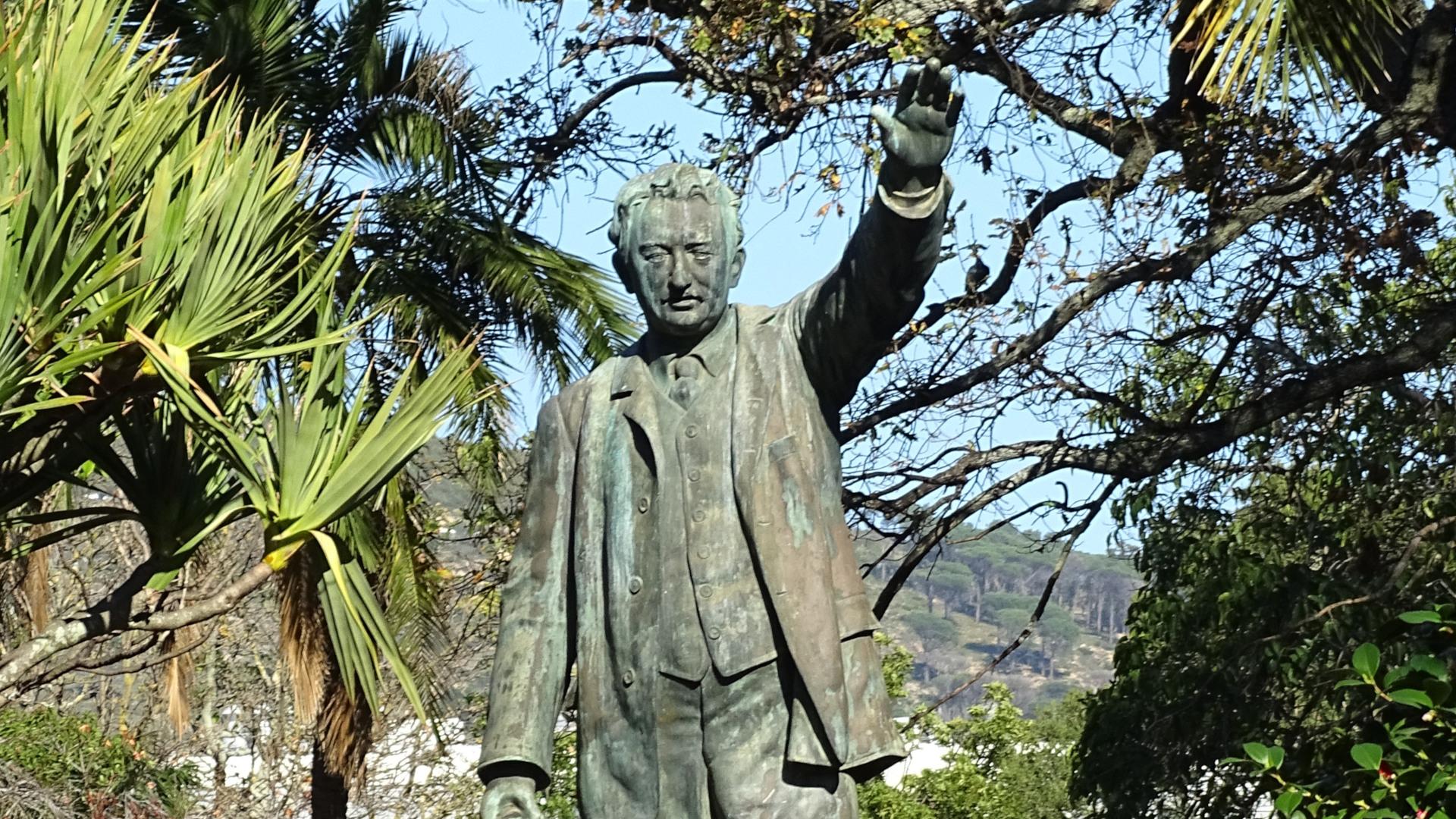
One of the arguments put forward is that science as an area of society should not be considered an exception.
As wider society is currently dealing with a reckoning of their colonial histories, so too should science address theirs.
Changing Names Confusing

Although the names may cause offense, some argue that changing them would be disruptive.
A botanist at the Technical University of Cotopaxi, Alina Freire-Fierro, says: “It’s very unfortunate that many of these names are offensive,” but “to change the names that have already been published would cause so much confusion.”
Bush Named After Abolitionist Opponent
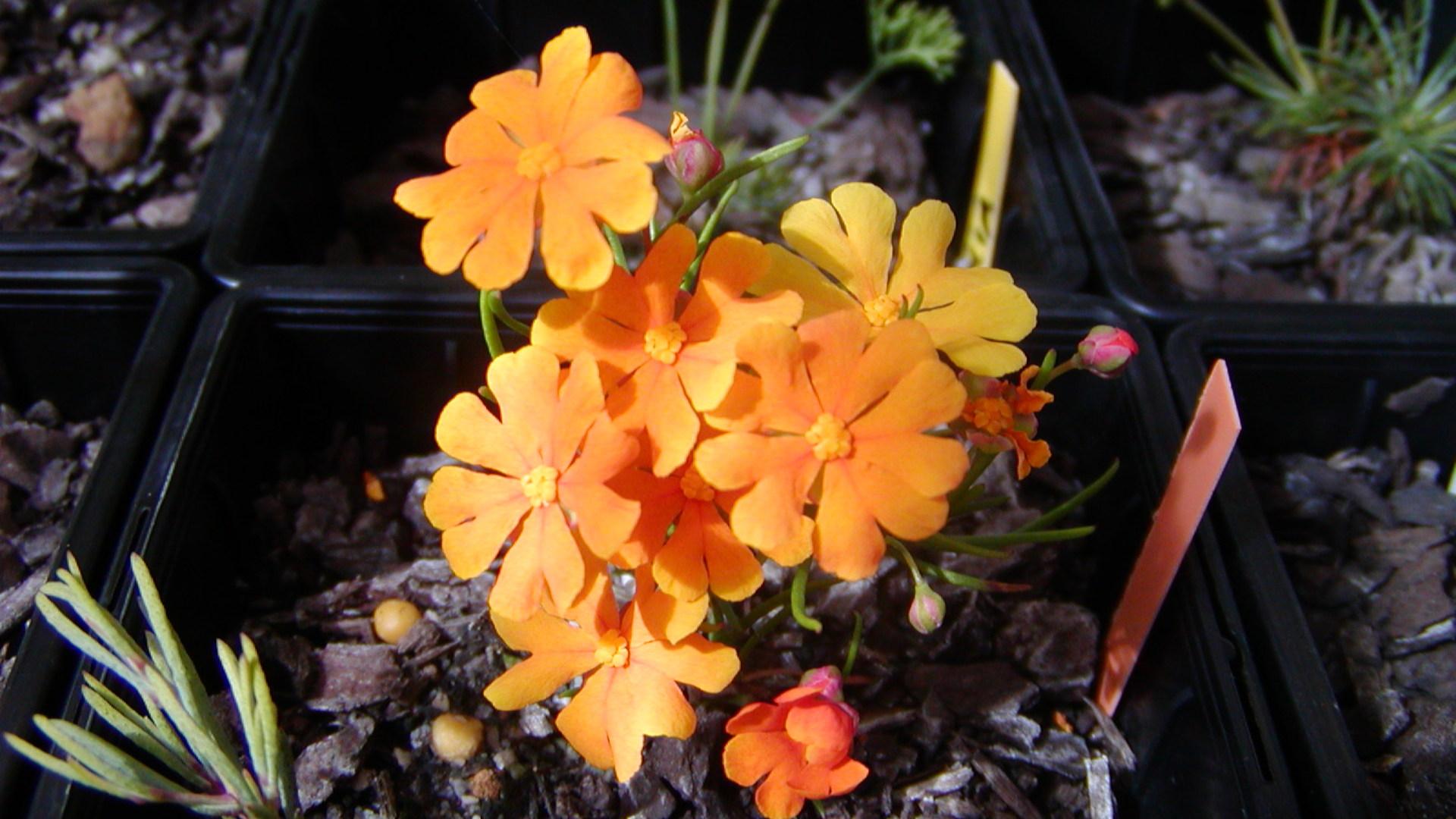
A yellow-flowered shrub called ‘Hibbertia’, found in Australia and some islands is one of the names that might be looked at.
The plant is named after George Hibbert, who was a slave trader and opponent of abolition.
Species Names Already Change Frequently
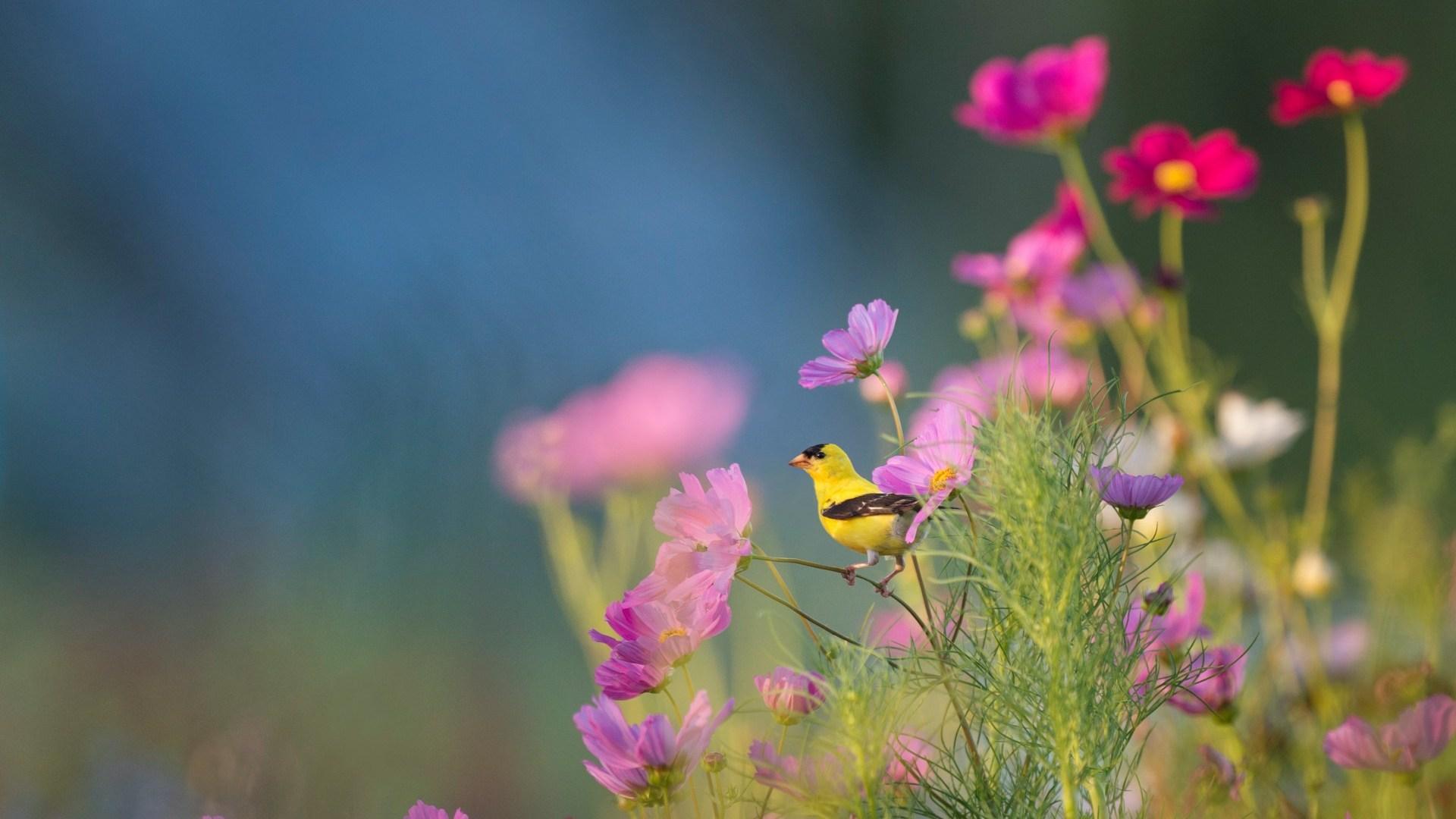
Plant names already change with some regularity for several different reasons as botanical science moves forwards.
New names might have to be developed if a single species is determined to be multiple, or relationships between species are questioned.
An Offensive Name Committee
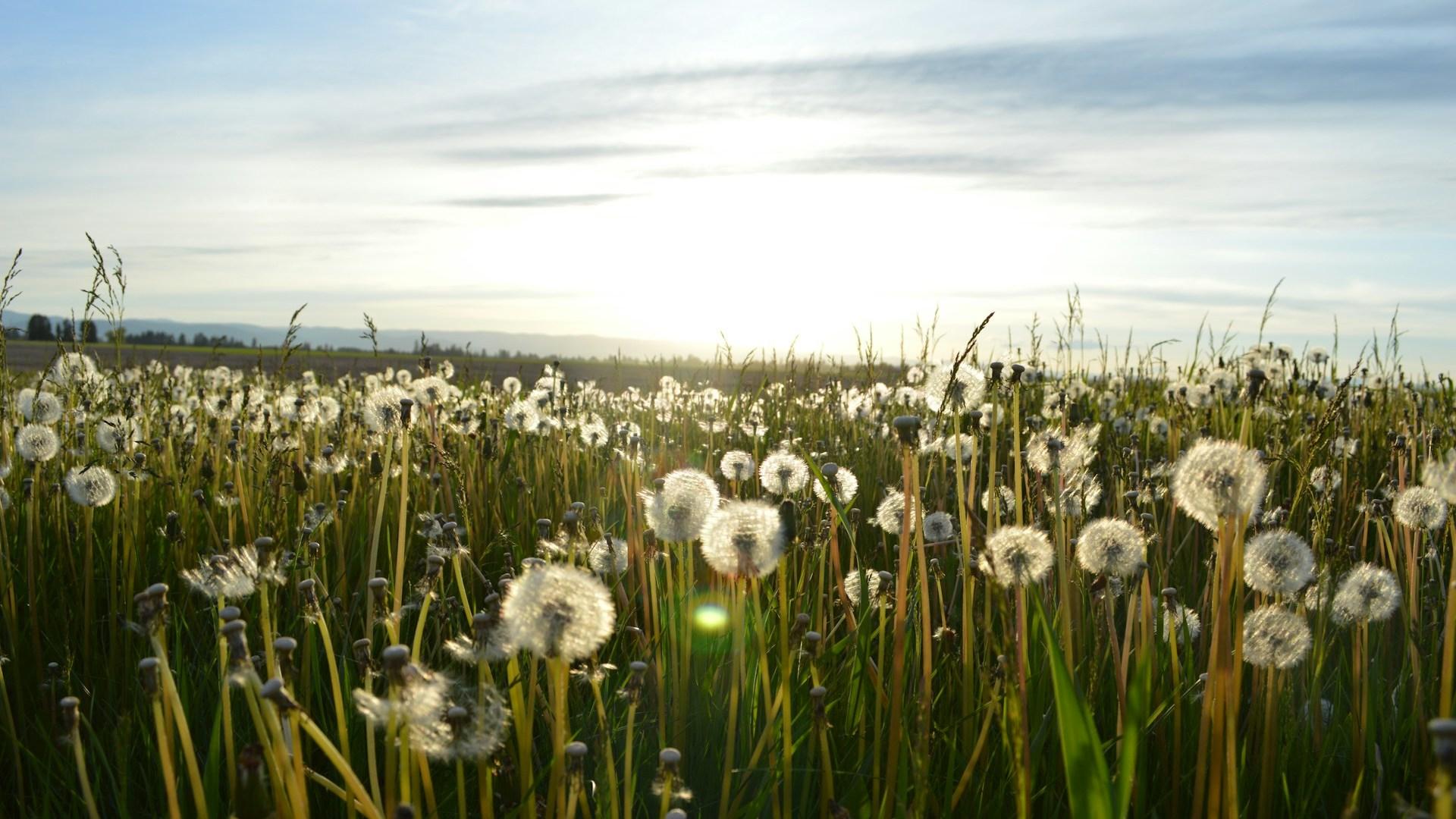
One proposal that will be looked at in the upcoming conference is whether to establish a committee for the re-consideration of sensitive plant names.
Lennard Gillman, an independent consultant, says: “It would be great to have some mechanism for weeding out some of the most offensive names.”


